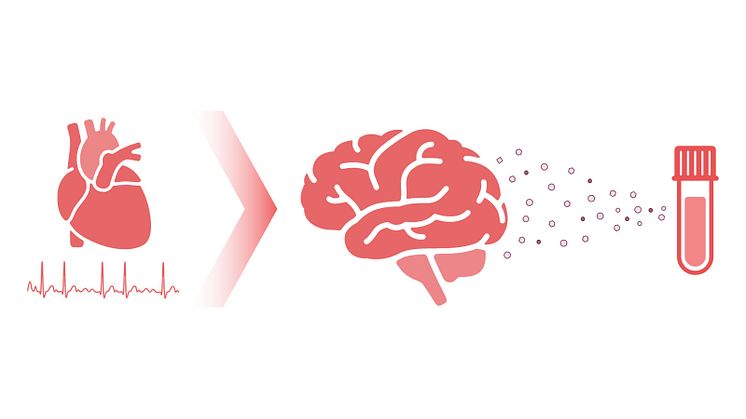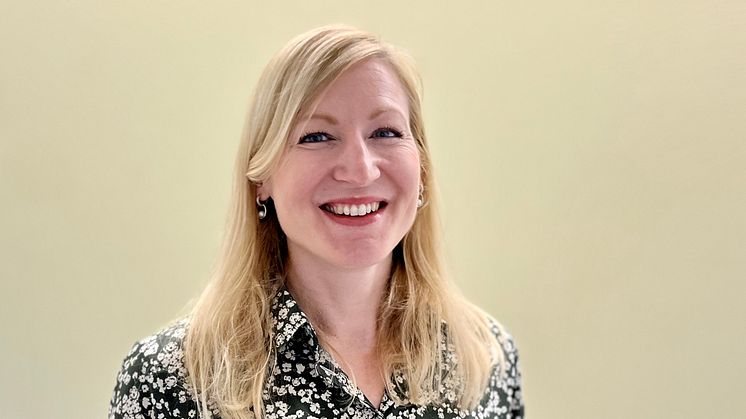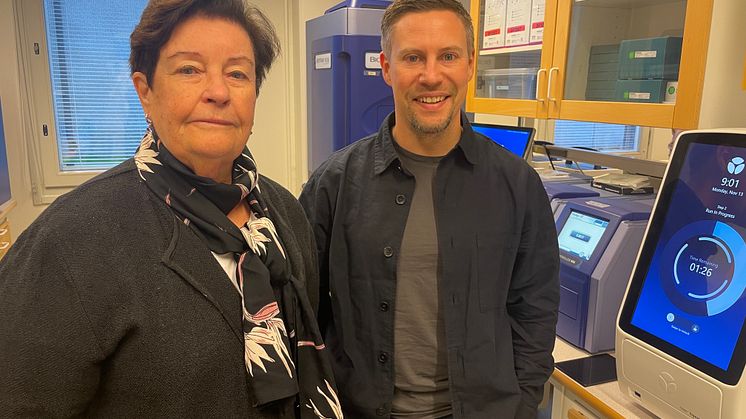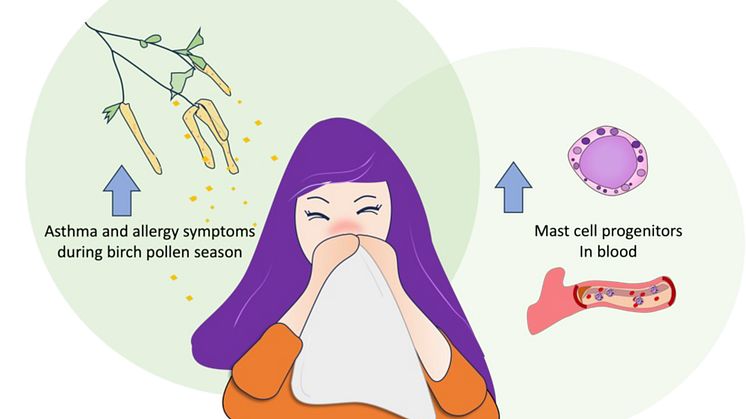One in five UK doctors use AI chatbots
A survey led by researchers at Uppsala University in Sweden reveals that a significant proportion of UK general practitioners (GPs) are integrating generative AI tools, such as ChatGPT, into their clinical workflows. The results highlight the rapidly growing role of artificial intelligence in healthcare – a development that has the potential to revolutionise patient care but also raises concerns.










